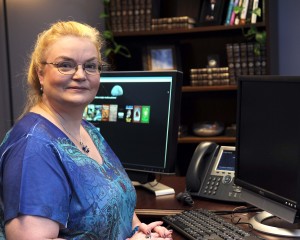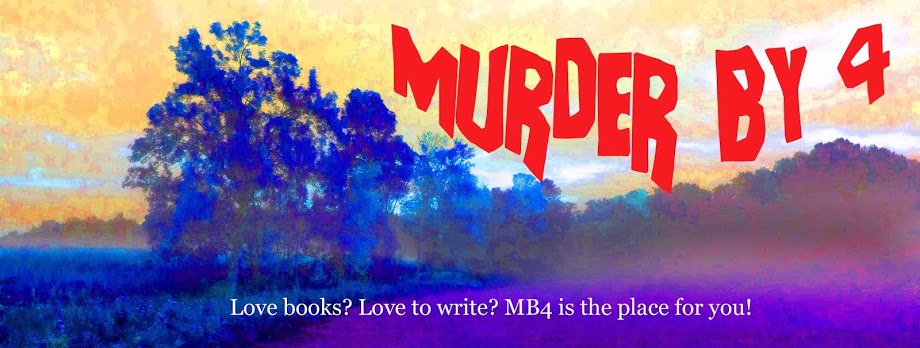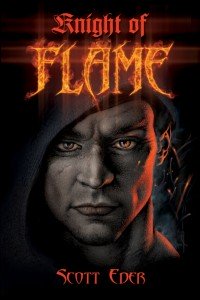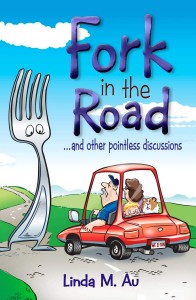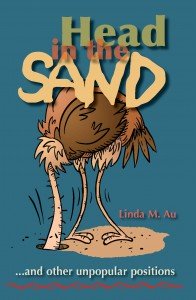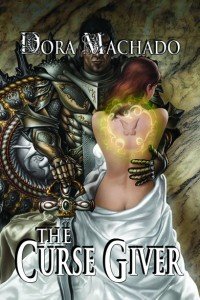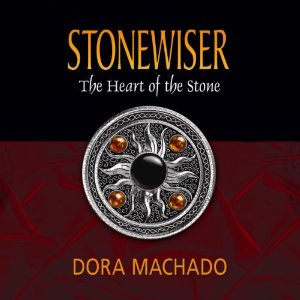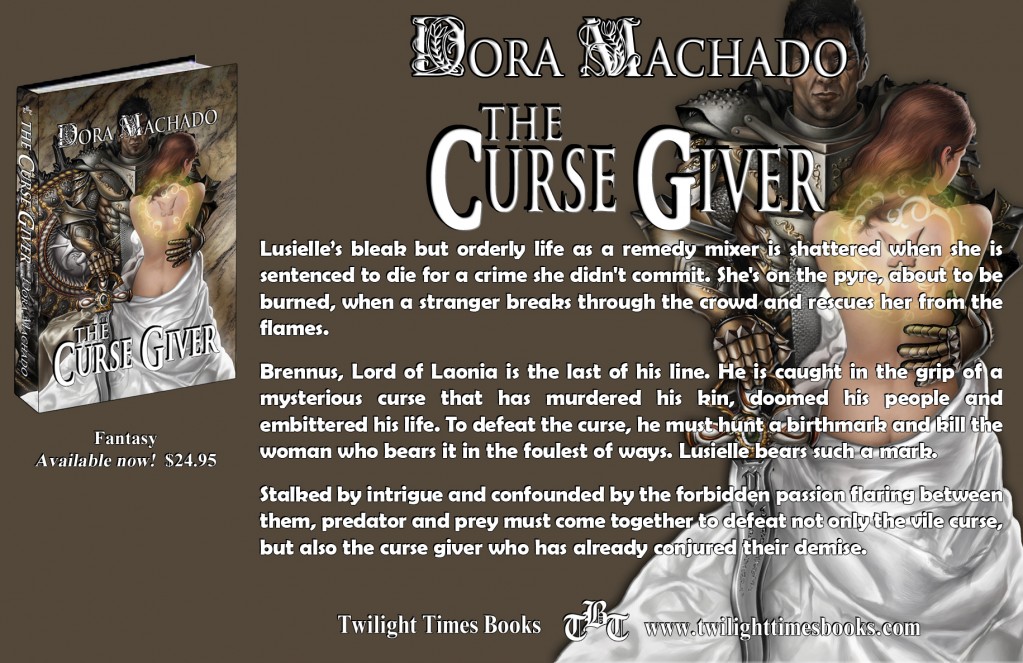By Stephanie Osborn,
The Interstellar Woman of Mystery
I suppose the first thing you should know about me is that, well, I really AM one of those rocket scientists you hear about. With degrees in four sciences and subspecialties in a couple more, I worked in the civilian and military space industries, sitting console in the control centers, training astronauts, you name it; and I lost a friend aboard Columbia, when she broke up over Texas. So yeah, I’m the real deal.
The second thing you need to know about me is that I’ve been a Sherlock Holmes fan… aficionado, whatever word you prefer… since I was a kid. Someone gave me a copy of The Hound of the Baskervilles for my birthday one year. I was in, what, third grade? With a hyperactive imagination. Scared me to death when I read it. But I loved Holmes immediately. If I could have done away with the scary story about the Hound, I’d have adored that book even then. It’s one of my favorites now.
By the time I was in high school, I’d discovered that big, single-volume compendium ― you know, the one with the rust-and-mustard dust jacket? If you’re a Holmes aficionado, you know the one I mean. If you don’t, go find it! I read it cover to cover. Wagged it around to every class with me, and every time I had 2 consecutive spare minutes, my nose was in it. Oh, I was devastated when I read The Final Problem. No, really: I went into mourning, like I’d lost family! And I could have turned handsprings for joy when I read The Empty House! Many years later, I acquired that same rust-and-mustard volume and placed it on my own shelves, where it has been read cover to cover many more times. I picked up what are known as “pastiches,” too, efforts by other authors to carry on the adventures, or create entirely new ones, or fill in gaps. (What did Holmes and Watson do when the Martians invaded? What about Jack the Ripper, and why did Watson never chronicle an adventure about him? Didn’t Holmes go after him? What really happened with the Giant Rat of Sumatra?) I watched television and movies ― to this day, I watch the BBC’s Sherlock, and CBS’ Elementary, and even the Guy Ritchie film franchise starring Robert Downey, Jr. And I have the complete set of the Grenada series starring Jeremy Brett, and a bunch of the Basil Rathbone films. Good, bad, or indifferent, they’re all Holmes!
Now, back in Arthur Conan Doyle’s day, they didn’t have all the breakdown of literature into genres that we have today. Today we have science fiction (or SF, with its many subdivisions), fantasy, horror, and such. But all those, in the Victorian era, were lumped together and considered speculative fiction, or “specfic” as it’s known today. As it turns out, many if not most of the Holmes adventures would be considered as specfic ― and I started thinking…
…Other people have “done” Holmes in Victorian-era science fiction…
…But I want to be different. If I write Holmes, I want to do something that’s never been done before…
…Aha. What if, somehow, I could manage to drag Holmes into the modern world to go adventuring?
How to do it…how to do it…
I researched and I studied. And then it hit me.
What if I use the concept of alternate realities, which more and more scientific data indicates are real, and I combine that with something called M theory in order to be able to access them…
…And I was off!
I already had several novels written but unsold by that point, and there was publisher interest in my first one, Burnout: The mystery of Space Shuttle STS-281. (Yes, I like to mix science fiction and mystery. It seems to come naturally to me; I’ve always thought a good SF story has a distinct element of the mysterious. That’s why I got dubbed The Interstellar Woman of Mystery by certain media personalities.) So I knew about writing novels: See, it isn’t about page count, it’s about word count.
Different genres define book length by different word counts. YA is relatively short, say 50,000-80,000 words. The romance genre generally defines a novel at roughly the same word count. But SF and mystery, for instance, consider a novel to run from about 80,000-110,000 words, maybe a smidge more. (Think about the thinness of a typical Harlequin Romance as compared to, say, a Baen military SF novel.) There’s an arcane formula that ties word count to final page count, and another that determines the list price from the page count. So these are important numbers, these word counts.
Now that’s not to say that you can’t go over; you can… provided your last name is something like King, Weber, or Rowling. Because publishers know those names will sell books regardless of length. Everybody else? Don’t be too short OR too long.
So I sat down to write The Case of the Displaced Detective, the first story in what has become my Displaced Detective series, described rather aptly as, “Sherlock Holmes meets the X-Files.”
Two months ― yes, you read that right, months, not years ― later, I’d completed the rough draft… and it stood at 215,000 words. Writing that manuscript was kinda like tryin’ to hold a wide-open fire hose all by yourself. I ate at the computer. I all but slept at the computer. That story just came pouring out. I couldn’t stop until it was all written. By the time I’d polished it, it had ballooned up to around 245,000 words, and I managed to whack it down to about 230,000.
But it was too big for a single book. And nobody could figure out how to cut it down without cutting out essential parts ― not me, not agent, not editor, not publisher. See, it was really two stories in one: it was an “origin story” of sorts, how Holmes came to be in the 21st century, AND it had a mystery. It needed all of those 230,000 words to tell the story properly.
In the end, my publisher and I decided to make two volumes of it. That’s why, when you look at the covers, you don’t just see The Arrival, or At Speed. You see The Case of the Displaced Detective: The Arrival, and The Case of the Displaced Detective: At Speed. There’s not a hard and fast break between the origin story and the mystery; in fact the mystery starts within days of Holmes landing in the 21st century in The Arrival, and he is still trying to come to terms with everything in At Speed.
Then I went on to write the next story, The Case of the Cosmological Killer.
And durned if the same thing didn’t happen! Only this one took a smidge longer, because it was interrupted by an illness. All told I think it took about a year or so. And so books 3 & 4 are The Case of the Cosmological Killer: The Rendlesham Incident, and The Case of the Cosmological Killer: Endings and Beginnings.
I swear they’re not all going to be two volumes! In fact I just turned in A Case of Spontaneous Combustion, and it’s one volume only! I’ve started on book 6, A Little Matter of Earthquakes, and book 7, The Adventure of Shining Mountain Lodge, is mostly finished and awaiting the publication of 5 & 6. And I’m planning for adventures beyond that.
So in a manner of speaking, I suppose I’m still adventuring with my old pal Sherlock Holmes… only now he’s investigating mysteries that are more on MY turf! And I plan to do so until we both retire to the Sussex downs to keep bees!
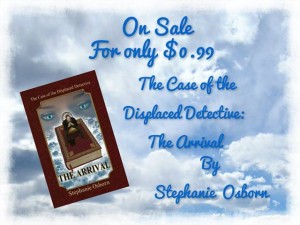
http://www.amazon.com/Case-Displaced-Detective-Arrival-ebook/dp/B0063XNLQ8/ref=sr_1_1?s=books&ie=UTF8&qid=1379438646&sr=1-1&keywords=The+arrival+by+Stephanie+Osborn
About Stephanie Osborn:
Stephanie Osborn, Interstellar Woman of Mystery, is a veteran of more than 20 years in the civilian space program, as well as various military space defense programs. She worked on numerous space shuttle flights and the International Space Station, and counts the training of astronauts on her resumé. Her space experience also includes Spacelab and ISS operations, variable star astrophysics, Martian aeolian geophysics, radiation physics, and nuclear, biological, and chemical weapons effects.
Stephanie holds graduate and undergraduate degrees in four sciences: astronomy, physics, chemistry and mathematics, and she is “fluent” in several more, including geology and anatomy. In addition she possesses a license of ministry, has been a duly sworn, certified police officer, and is a National Weather Service certified storm spotter.
Her travels have taken her to the top of Pikes Peak, across the world’s highest suspension bridge, down gold mines, in the footsteps of dinosaurs, through groves of giant Sequoias, and even to the volcanoes of the Cascade Range in the Pacific Northwest, where she was present for several phreatic eruptions of Mount St. Helens.
Now retired from space work, Stephanie has trained her sights on writing. She has authored, co-authored, or contributed to more than 20 books, including the celebrated science-fiction mystery, Burnout: The Mystery of Space Shuttle STS-281. She is the co-author of the “Cresperian Saga,” book series, and currently writes the critically acclaimed “Displaced Detective” series, described as “Sherlock Holmes meets The X-Files.” She recently released the paranormal/horror novella El Vengador, based on a true story, as an ebook.
http://www.stephanie-osborn.com/
